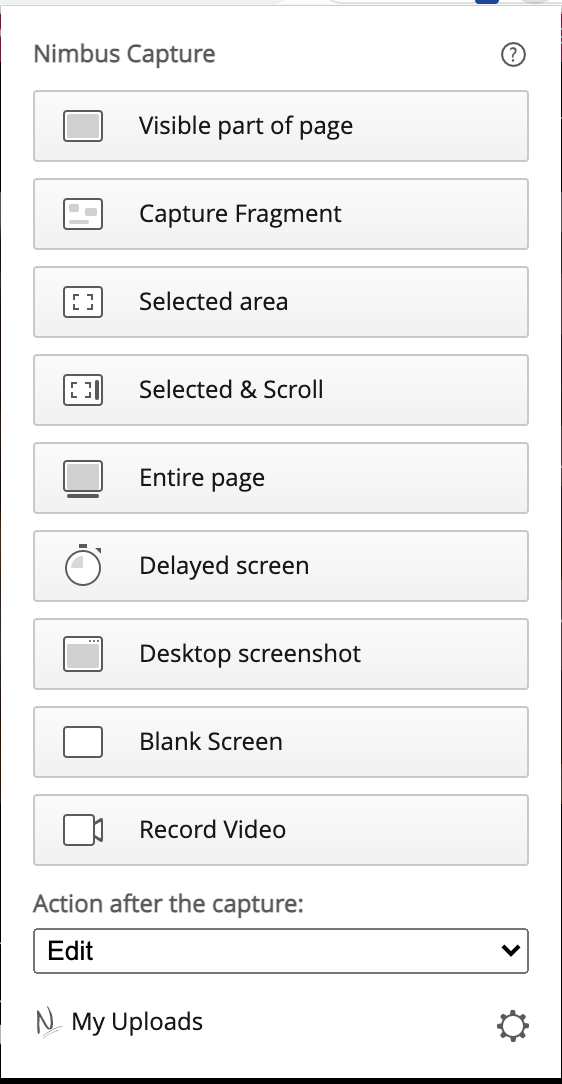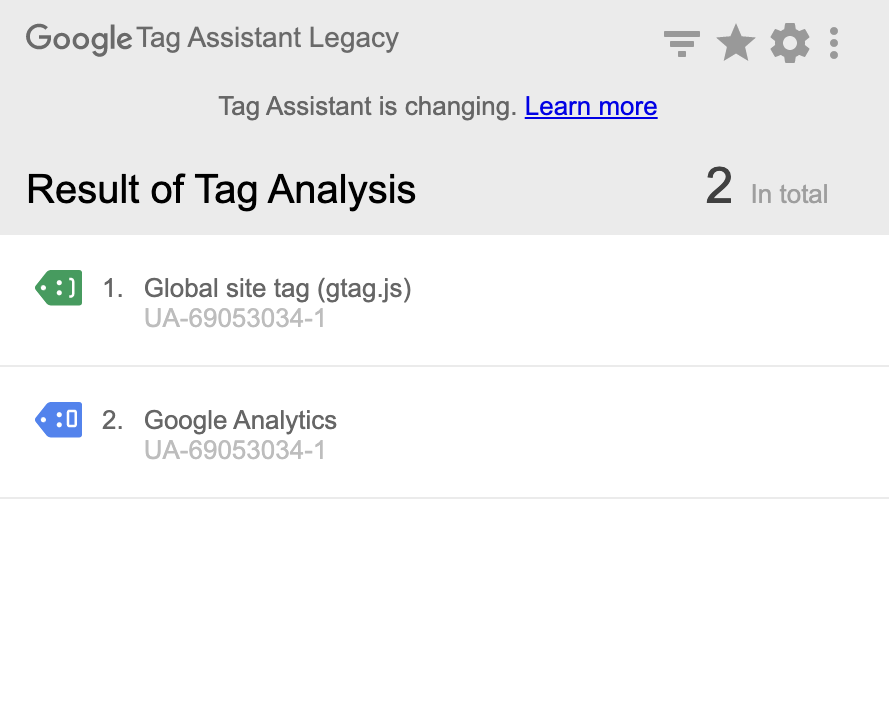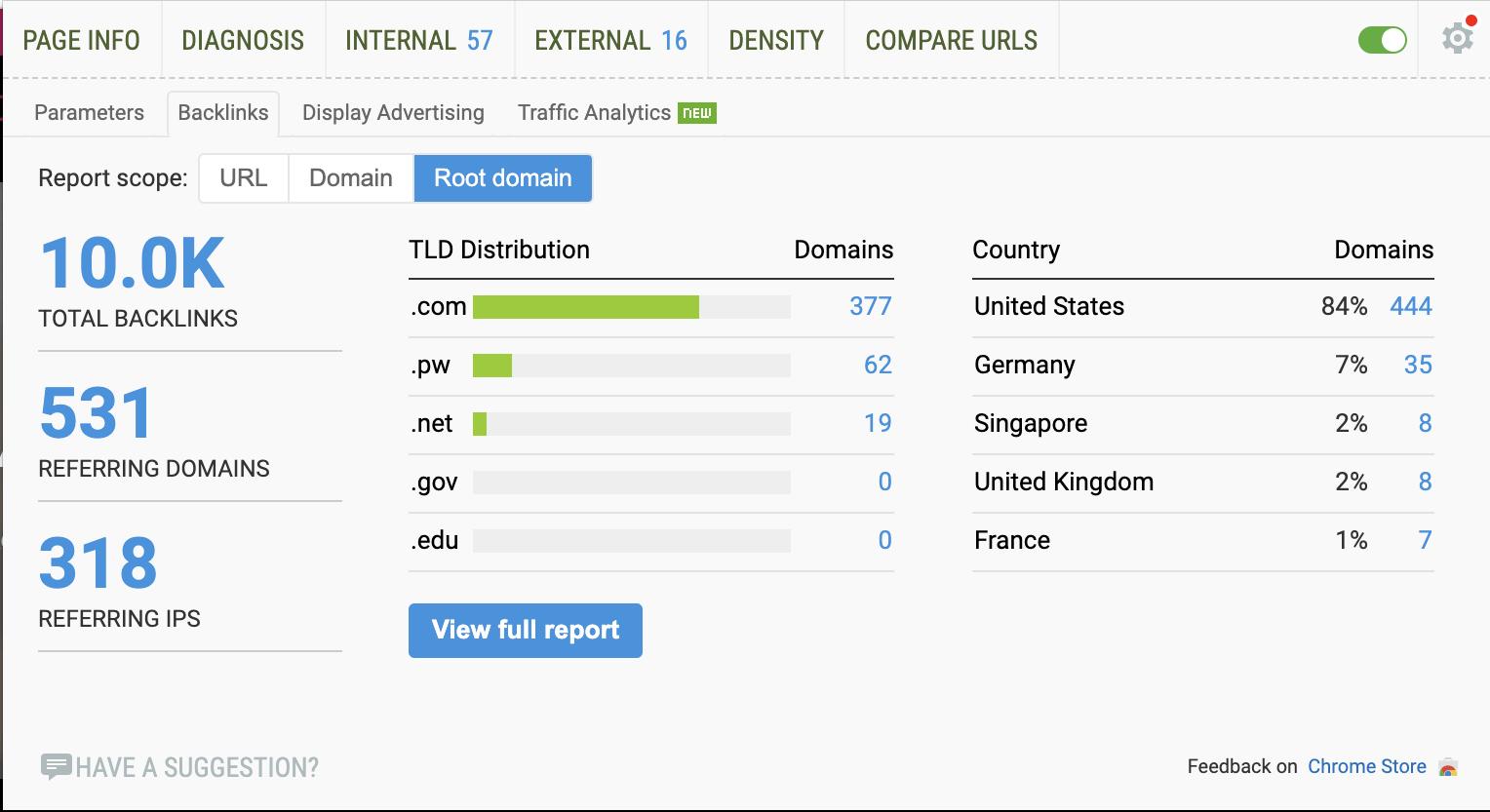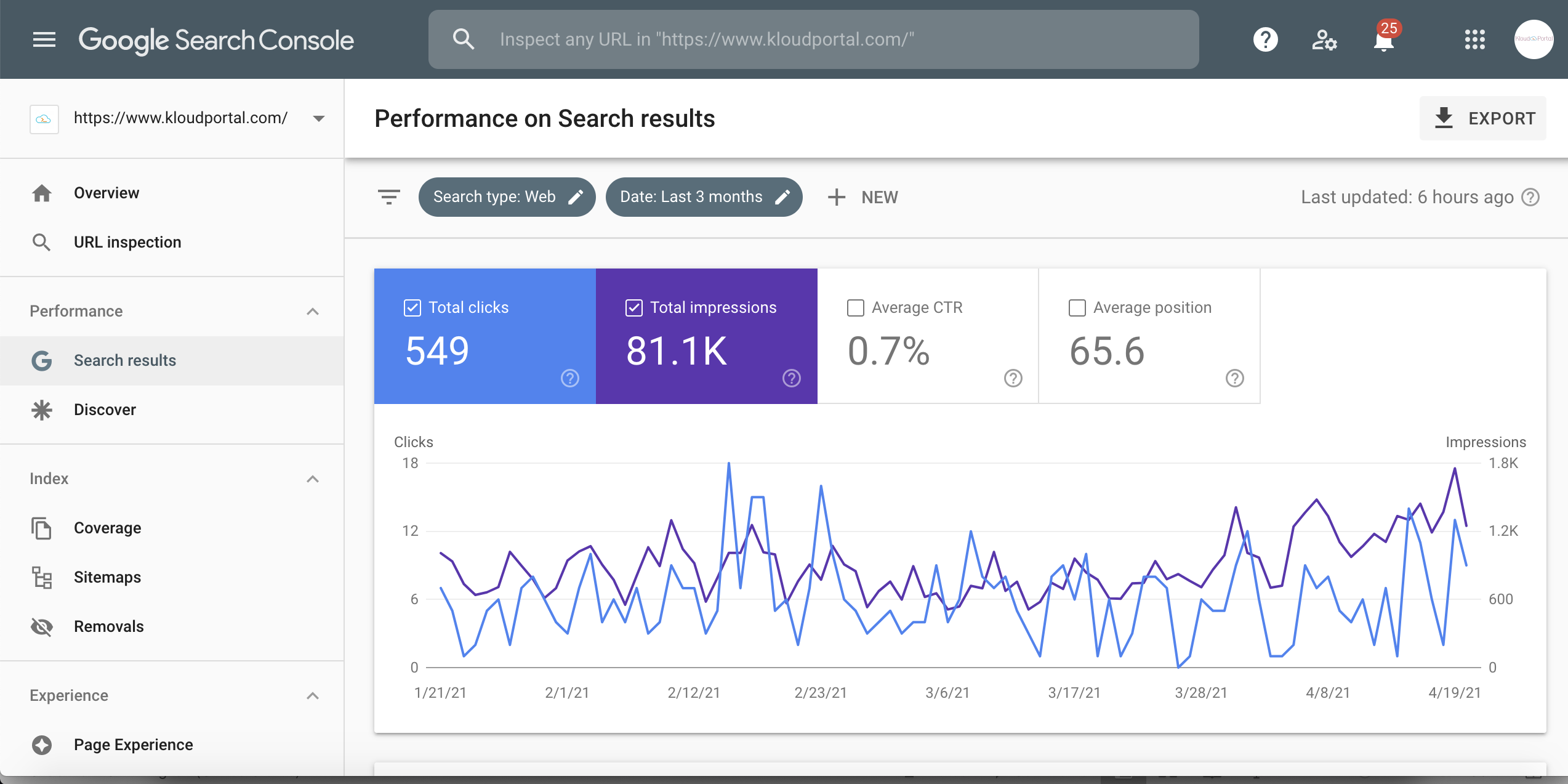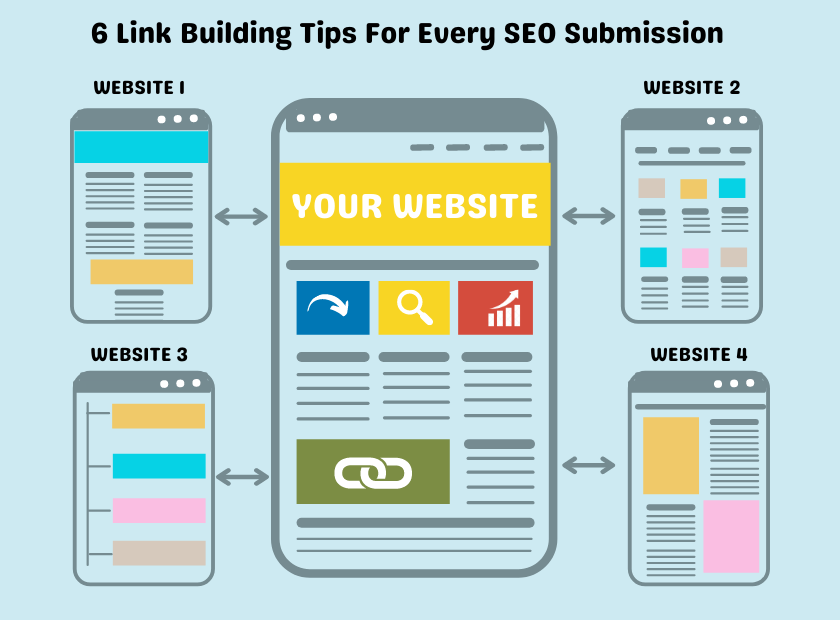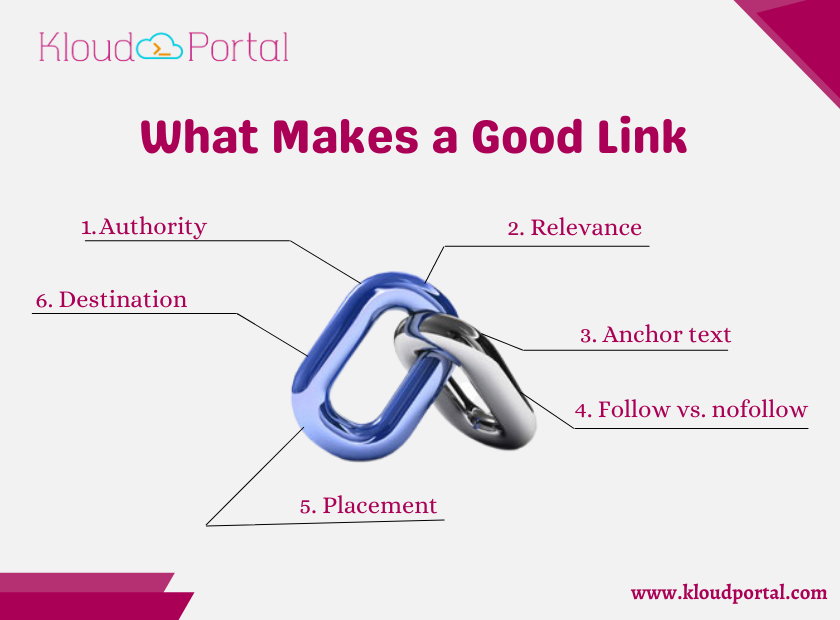
Spellings and grammar on your website have higher priority than broken HTML, Here is why?
It is a known fact that Google uses a series of algorithms to determine the search engine rankings. It takes into consideration a lot of factors in its algorithms to determine the ranking system. Some of these factors include keyword volume, proper headings, content length, domain age, SEO-friendly content, plagiarism-free content, etc. Did you know that spellings and grammar or a broken HTML can also serve as a factor in determining the quality of the content as well as influencing its ranking in search engines?
IMPACT OF BROKEN HTML ON THE WEBSITE RANKINGS
As per Google’s John Mueller, a broken HTML will impact the ranking only if it is so broken that the google search engine is not able to recognize the website link. If Google can’t recognize the HTML as a title/heading or if these pages are broken in the browser too, it will impact the ranking. So, such pages may not load properly and may need to be fixed.
On the other hand, it is also true that many web pages do not have valid HTML most of the time. So if the page looks normal and loads well in the browser, then a broken HTML should not be an issue. It may not impact rankings but may affect meta-tags, structured data, or link elements.
IMPACT OF GRAMMAR AND SPELLING ON WEBSITE RANKINGS
A grammatical or spelling error is a quality issue and directly impacts the readers. Readers are always on the lookout for high-quality content with utmost clarity. Low-quality content with errors may make the website lose its credibility with the readers, which will affect Google indexing and, ultimately, the website’s search engine rankings.
A content with errors may confuse the readers, or they may find it hard to understand. In both scenarios, they might go looking for different sites. Moreover, Google’s ranking algorithm values well-written SEO-friendly content, free of plagiarism and grammatical/ spelling errors. An error-ridden content will make Google rank your page lower in the search results, which will reduce your visibility and can prove to be disastrous for your company.
TAKE AWAY
The spelling and grammatical errors are very different from an error in HTML or the so-called broken HTML. The latter is more of a technical error, and the former is more of a quality issue. But both these errors impact search engine rankings, with the impact being more in the case of spellings and grammatical errors.
If you want to increase your website ranking, make sure your content is precise, clear, short, to the point, easy to read, free of grammatical/spelling errors, and properly organized.
To watch the latest Google SEO Office Hours, please check out the video below:

Sridevi Tolety
About The Author…
Sridevi developed a zeal for digital marketing space when she was introduced to this field as a Digital marketing strategist. She closely follows the emerging trends in the digital marketing arena and loves to write about them on various social media platforms. She strongly believes that the future is digital and marketing is no exception. Agility, alertness, adaptability and eagerness to learn new things are her driving forces.




